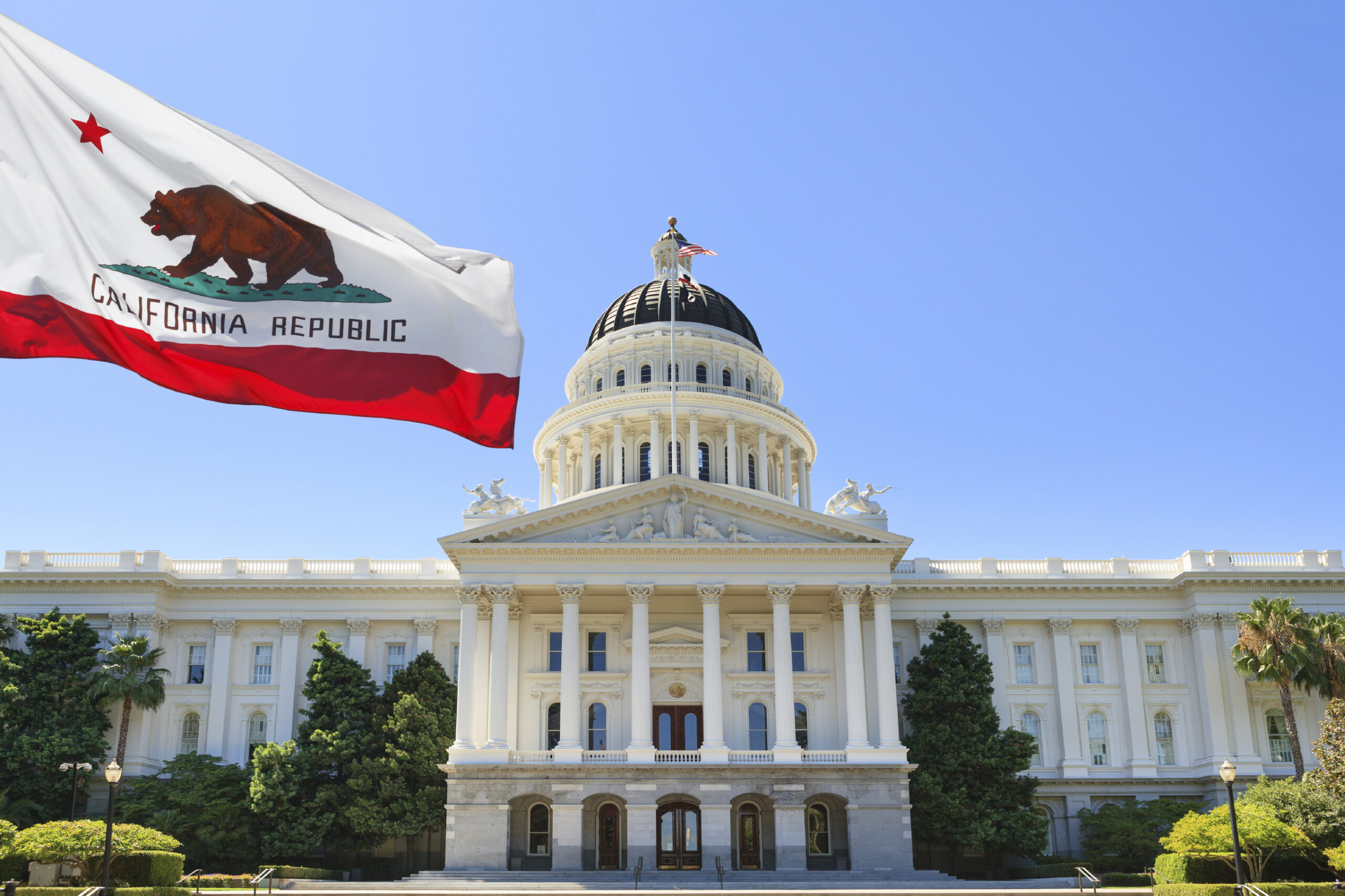
Since opening its doors more than 20 years ago, Utah Navajo Health Services (UNHS) has been contributing to solutions for healthcare challenges in their community. UNHS now serves over 15,000 patients across multiple clinics that provide medical, dental, and behavioral healthcare for children and adults across southeastern Utah.
The region served by UNHS is largely remote, rural, and characterized by a desert landscape, which covers a portion of the Navajo nation and includes the magnificent Monument Park (known as Tsé Biiʼ Ndzisgaii in Navajo language). Some houses do not have access to internet or use postal street addresses and are identified by nearby landmarks. Access to healthcare can be difficult and mental health challenges are common.
Prevalence of mental health concerns in Utah
Utah has a higher prevalence of mental health illness than any other state. As of 2021, 40.9% of Utah adults reported feeling symptoms of anxiety or depression. Over one quarter (26.4%) were unable to access therapy or treatment according to 2021 stats.
Lack of access to mental health care may impact Utahns disproportionately. Stats from 2020 show that 7.8% of children ages 3-17 in Utah received mental health care, compared to 10.8% of children in the U.S.
While the state ranks low overall on poverty, Utah has pockets of stark inequality with limited access to education, services, and economic opportunity. The county home to the Utah Navajo reservation has a poverty rate five times that of certain other Utah counties, with more than one of every five people living below the poverty line.
Overcoming obstacles to care
Communities served by UNHS contend with many of the same social determinants of health as Native Americans nationwide. These include rurally isolated communities, infrastructure and internet connectivity issues, concurrent health conditions, and discrimination from healthcare institutions or providers. A 2019 study found more than one in five Native Americans reported experiencing discrimination in medical encounters.
Native Americans have disproportionate rates of mental health concerns with possible links to generational and experienced trauma. For about a hundred years starting in the late 1800s, a system of state-led boarding schools forced children from their homes and broke family bonds.
More recently, the COVID-19 pandemic has had globally documented impacts on mental health due to its emotional toll. Native Americans were so affected by COVID that their life expectancy dropped between 2019 and 2021 – from 71.8 years to 65.2.
Connecting behavioral care to overall wellbeing
Alongside primary care, UNHS acknowledges “prevention, early detection and treatment of behavioral health conditions can lead to improved physical and community health.” In the decade from 2013 to 2023, the UNHS behavioral department has grown from 5 to 60 staff.
“We provide a wide range of services including victim services with domestic violence advocates in the community and operate two domestic violence shelters. Other services include specialty services for youth in transition and those between ages 16 to 25 with mental health issues. The program also services the general population with therapy, case management, peer support, medication management, and psychiatry. In addition, we have traditional Navajo practitioners as part of the team,” said Rick Hendy, Director of Behavioral Health with UNHS.
All combined, behavioral care at the UNHS is designed to improve the full spectrum of health outcomes in the patient population. Recognizing strong community and family links within Navajo communities, staff at UNHS clinics serve both patients and families. They also work with Medicine Men, whose approaches to healing are integral to Navajo culture.
UHNS case study: Partnership with Array
UNHS recognized a need to grow access to behavioral care through its clinics. Array was selected for its experience in connecting culturally competent providers with tribal communities. As the leading clinician-centric virtual psychiatry and therapy practice, Array is more than a staffing solution and can offer tools, guidelines, and best practices. This approach ensures optimal quality and caseload management, clinically appropriate care, and seamless integration with onsite staff.
UNHS chose to partner with Array to provide access to virtual behavioral care, psychiatric assessment, and medication management. Through the partnership, Array psychiatrist Brent Griffin joined the onsite care team – bringing decades of experience and familiarity with Najavo people. Dr. Griffin is available remotely to provide psychiatric services.
Overcoming barriers to care through telehealth
The positive impact of having Dr. Griffin available to patients has been immediate. When a referral comes through a primary care provider, onsite UNHS clinic staff can refer the patient to their behavioral health team. If appropriate, this team can assess and easily schedule the patient with Dr. Griffin – meaning psychiatric patients are sometimes seen the same day they arrive.
“For our patients to get into clinic, they sometimes have to ask their family for a ride or hitchhike in. Being able to see someone the same day is huge,” said Susan Hendy, Medical Records Director and HIPAA Privacy Officer with UNHS.
For follow-up telehealth visits, patients are advised to find a nearby spot or come into the clinic if they don’t have access to internet at home.
“Since I have largely worked in urban areas, it takes a different approach. Many individuals served by UNHS may not have access to the same supports and amenities. Some may live on land without access to running water and electricity. It’s important to recognize progress when individuals are overcoming barriers in addressing their mental health and continuing with their appointments and treatments,” said Dr. Griffin.
Staff at UNHS often find the means to ensure patients get the care they need, and having a psychiatrist has greatly helped.
Increasing continuity of care
Collaboration is also key to enhancing care. Dr. Griffin and Medicine Man Ernest Begay attend a weekly clinical staff meeting to consult with the UNHS on-staff therapist on best practices from psychiatry and traditional Navajo medicine. Patients can access consultations with Medicine Men, Navajo traditional counseling, and community wellness programs.
“Having our Medicine Man as part of the behavioral health team and meeting regularly with Dr. Griffin has helped enormously in working with Navajo patients,” said Susan Hendy.
While outpatient care often involves different providers, patients of Dr. Griffin’s will see him consistently. Facilitated by access to telehealth, the continuity of care through Array can result in better “relationship building” says Hendy. Research supports the idea that a strong therapeutic relationship between physicians and psychiatric patients can influence treatment outcomes.
Dr. Griffin has been known to go above and beyond, once resolving an issue with a pharmacy so that a patient could promptly access medication.
Hendy says that the partnership with Array has allowed patients quicker access to care and the ability to build a rapport with their clinician. “We feel like Dr. Griffin is a part of our team,” she said.
IN SUMMARY: Results of partnership with Array
- Rapid access to appointments with a psychiatrist (sometimes on the same day as referral)
- Consistency and continuity in care through a psychiatrist-centered model of care
- Collaboration and resource-sharing with onsite clinic staff
- Sharing of best practices to enhance best practices among clinic staff, traditional Navajo healers, and Array psychiatrist
- mproved workflows and referral processes for clinic staff managing patients’ behavioral care




